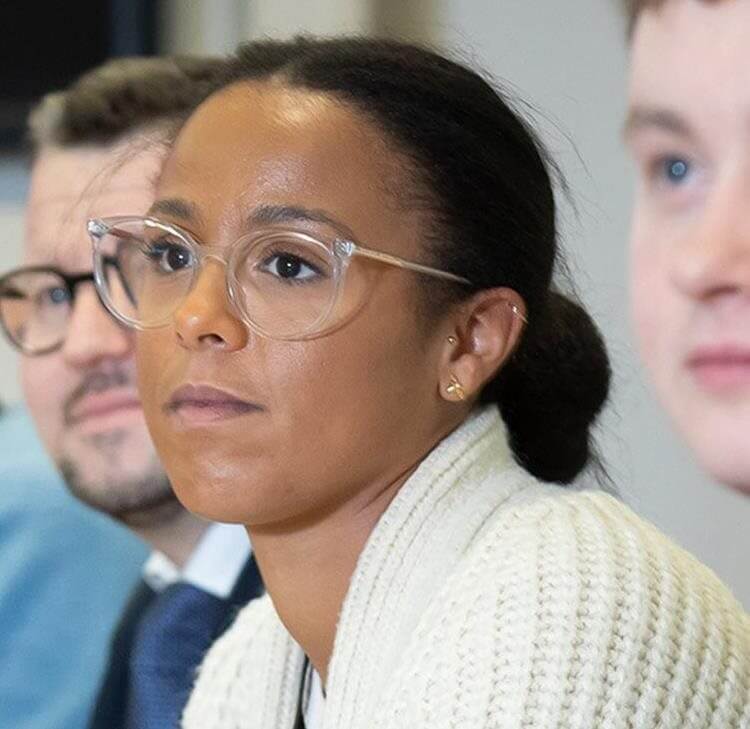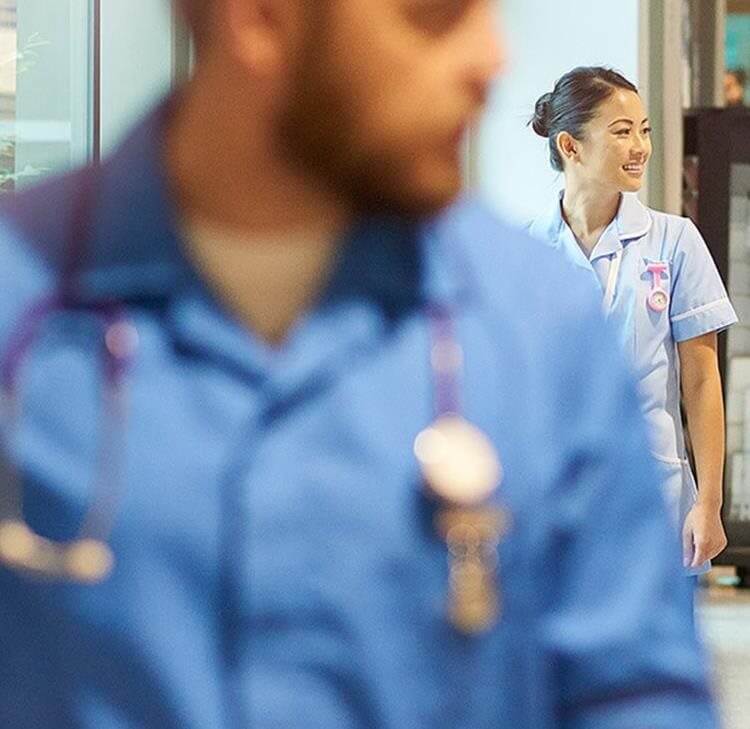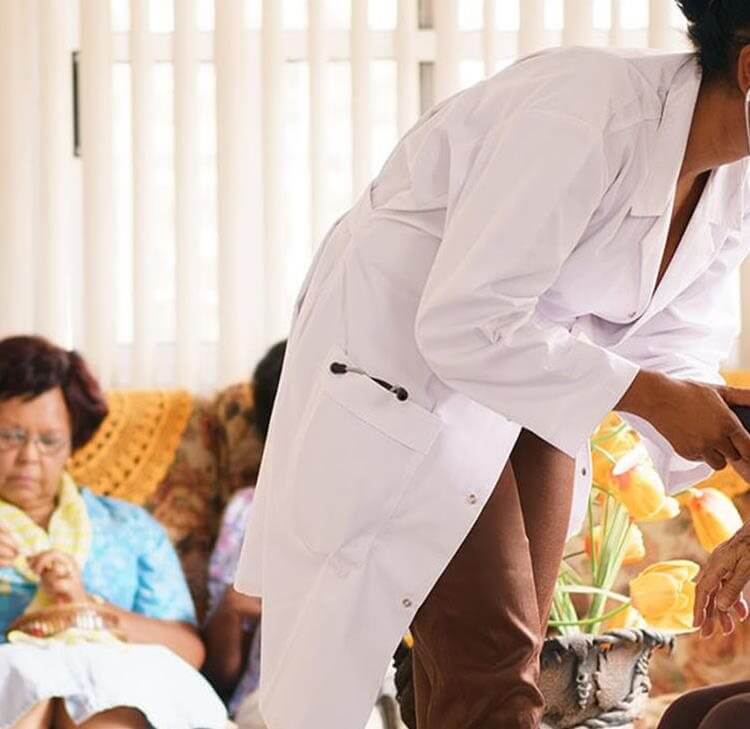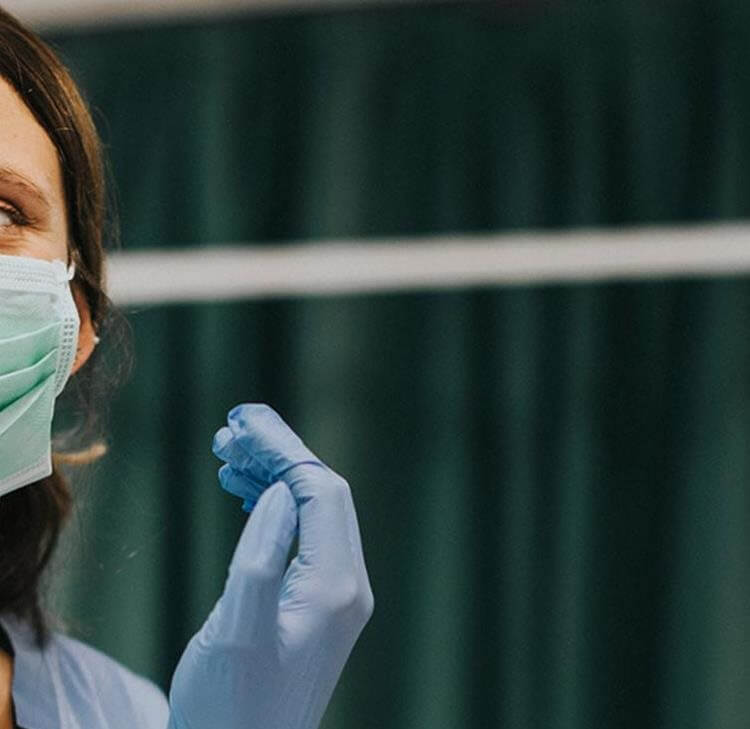The NHS Digital Revolution
The NHS Long Term Plan (the “Plan”) offers a whole host of optimistic and innovative promises for the future with a significant amount hinging on a complete reinvigoration of the technological landscape of the NHS.
The NHS Long Term Plan (the 'Plan') offers a whole host of optimistic and innovative promises for the future with a significant amount hinging on a complete reinvigoration of the technological landscape of the NHS. A few of the key aims are below:
Integration
Since the introduction of the NHS Five Year Forward View in 2014, there has been a huge drive across the NHS and local authorities to improve integration and to reduce gaps in care pathways. With the development of STPs and new working relationships many organisations are now taking steps toward achieving integration. However, amongst a number of potential blocks to integration is the technological inability to monitor local trends in order to predict care needs and utilise local services efficiently. The NHS are set to deploy population health management solutions and various types of monitoring to identify gaps in care pathways which can be accessed by a host of professionals, including social services and the police.
Individual choice and patient involvement
There is a large push toward getting patients more involved in their own care. The NHS App library will enable individuals to access their medical records from their phone via secure logins. Individuals with long-term conditions will be able to feed in monitoring information which will also be used for monitoring pregnancies. Patients will be able to receive direct prompt reminders from their phone and will have the ability to share information with other professionals including carers. New App’s will also enable further support for individuals with mental health needs and recovery. Increased effort will be put into making the nhs.uk page a strong source of information and individuals will have better access to their doctors via e-communication. The NHS will create the Application Programme Interface and appropriate governance models to underpin the work and to avoid technical barriers standing in the way of innovation.
The digitisation of services
Research indicates that between 40 – 60% of patients across the age spectrum would be willing to use video consultations. Individuals will be able to have quick telephone and video conferencing consultations with their GP among other healthcare professionals. Health appointments will be digitalised as will prescription services. Individuals will also have online access to various types of test results to avoid having to make an appointment when no concerns are identified. In addition, the NHS have big plans for the introduction of AI technology for both repetitive admin tasks to reduce mistakes but also in predictive analysis to optimise care.
There is of course recognition that the sharing of health data across such a wide spectrum has to focus on keeping information secure and protected from data protection breaches. The NHS is likely to become a prime target by cyber criminals and the NHS is looking to introduce enhanced security and monitoring systems across the whole estate and increased education of staff.
Clinical innovation and research
It is hoped the increased use of technology will have a positive impact on the availability of anonymised data for research and innovation purposes. This will enable more consistent care at a local level, with care providers and community nurses receiving safety prompts where appropriate and free up more data for clinical research. Use of increased home-based and wearable smart trackers will enable early detection of risks and enable a more educated population where everyone knows their resting heart rate, blood pressure and cholesterol.
Say good-bye to 90’s tech
On 26 February 2019, the National Health Service (Prohibition of Fax Machines and Pagers) Bill 2017 – 19 was introduced for a first reading at the House of Commons. The bill which has cross party support, proposes to phase out the use of fax machines by 2020 and pagers from 2021 as a means of non-emergency communications.
Fax machines
Around 8,000 fax machines are used in the NHS today. Some of the biggest benefits to replacing fax machines are the increased speed of communication, the increased reliability of technology and not least of all a mass reduction in the use of paper.
Pagers
Instead of pagers, staff will instead move on to modern alternatives such as mobile phones and apps which enable instant two-way communication. One in 10 of the world’s pagers are used by the NHS at a total cost of £6.6million per year. A new pilot is being introduced for 'medical beep' – a system which operates much like Whatsapp for enhanced data protection.
The proposed requirements are strict with government looking to end contracts with providers which do not phase out the practice. The private members bill is currently being published but no date for a second reading has yet been set.
Contact

Clare Auty
Partner
clare.auty@brownejacobson.com
+44 (0)121 237 3943








































